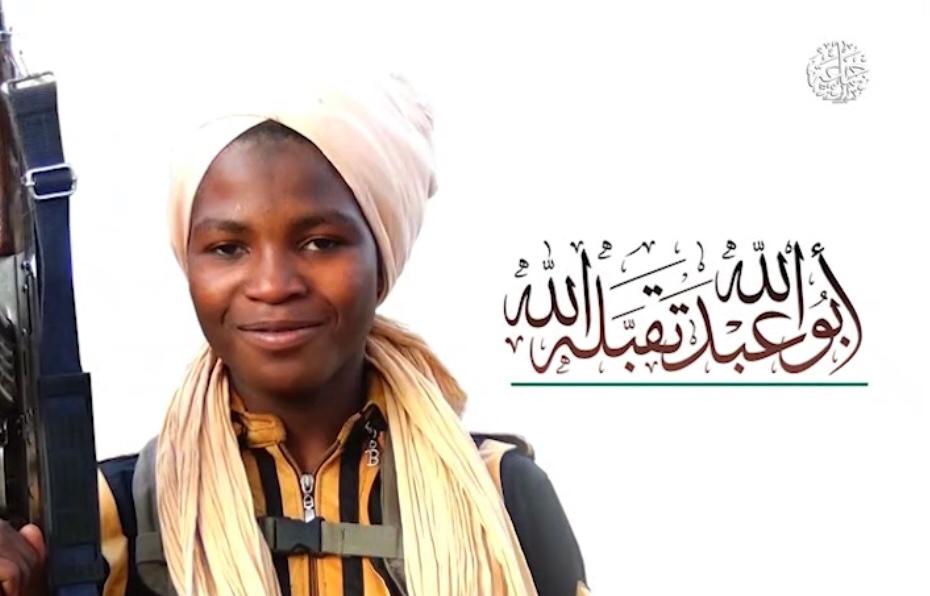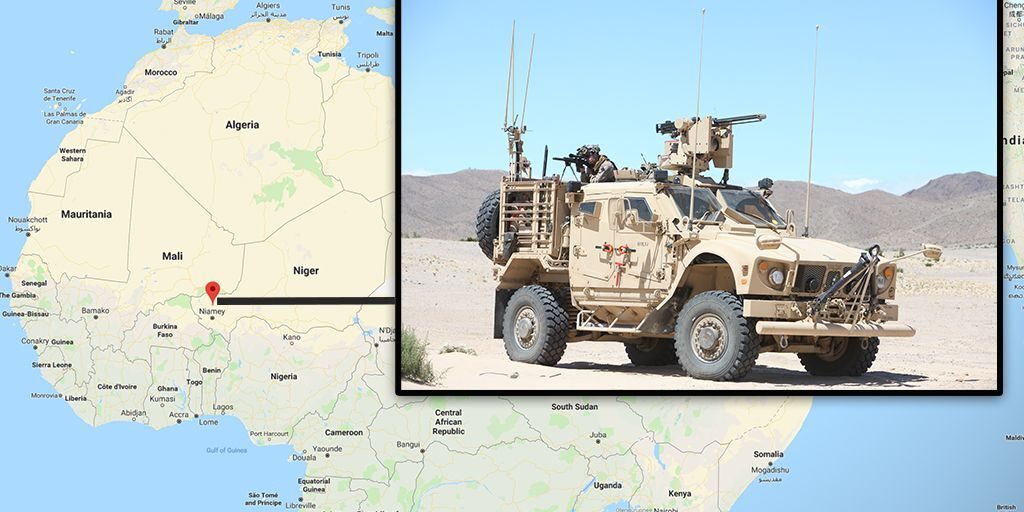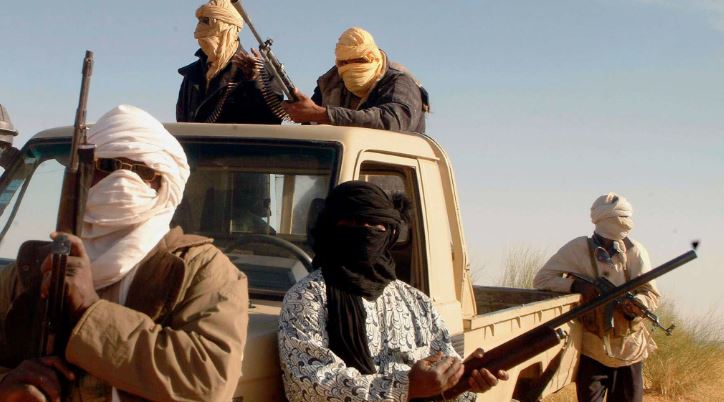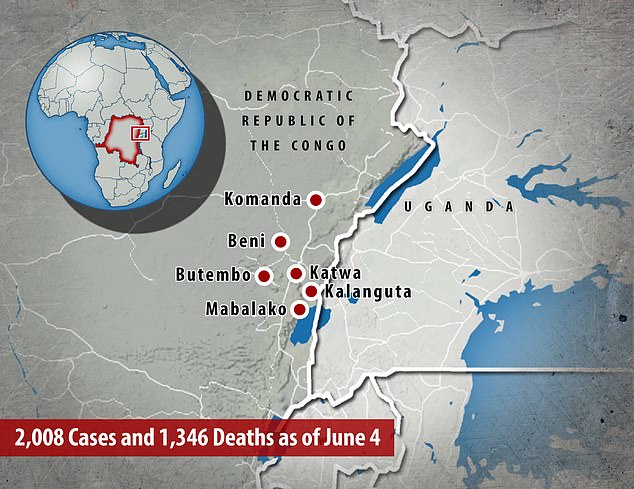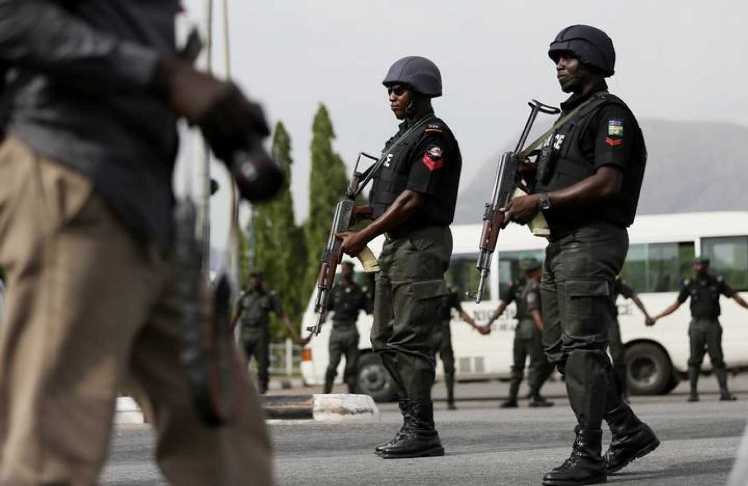
There are growing fears the Sahel region in Africa is on its way to becoming the new frontier of terrorism, placing the lives of hundreds of Australians at risk of kidnap or death, like reported by 9news.com.au.
Many Australian mining companies are operating in West Africa and the Sahel region, a 3,860-kilometre band of land south of the Sahara Desert and stretching east-west across the African continent.This vast and often ungoverned space makes it a ripe breeding ground for Al Qaeda, Islamic State (IS) and other terror organisations.
As the self-declared IS caliphate crumbled in Iraq and Syria, jihadists and militants have been seeking out unstable spots in Africa.
Analysts from US intelligence firm Stratfor stated in a recent report that contagion into West Africa from the Sahel was becoming increasingly likely.
This could have drastic consequences for some of the continent’s most prosperous economies, such as Nigeria, Ivory Coast and Ghana, according to the Stratfor report.
Many jihadists fleeing Syria and Iraq have travelled to Libya, which acts as a gateway to the Sahel. Al Qaeda, IS and their affiliates are particularly active in parts of Niger, Mali, north-eastern Nigeria and northern Chad, which make up the Sahel.
Security analysts believe Australian and other Western workers are at risk of kidnapping by these militant groups.
Last month, two French commandos were killed in Burkina Faso while executing a daring night-time raid to free four hostages, including two French citizens, an American and a South Korean.
In 2016, Australian doctor Ken Elliott was kidnapped in northern Burkina Faso by Nusrat al-Islam wal Muslimeen, Al Qaeda’s branch in the African Sahara.
It is unclear if Dr Elliott, now aged 84, is still alive. The former Perth doctor who ran a small hospital in Burkina Faso has not been seen since a proof-of-life video was released almost two years ago by his kidnappers.
Clive Williams, a former high-level Australian intelligence operative and counter-terror expert, told nine.com.au Dr Elliot’s prospects of a successful rescue appeared to be “low”.
“Dr Elliott is being held in a remote area by a well-armed group,” Mr Williams, now a professor at the Australian National University’s Centre for Military and Security Law, said.
“His captors no doubt find him useful as a doctor and the local authorities probably cannot offer them anything to make it worth them giving him up. It is a geographic area where the Australian government has little or no influence.”
Dr Elliott and his wife, Jocelyn, were abducted in January 2016 in the city of Djibo, where they had run a 120-bed charitable hospital for more than 40 years.
Mrs Elliott was freed by her captors three weeks after the couple was taken. She and her family have previously posted social media videos pleading with Dr Elliott’s kidnappers to release him or provide an update of the elderly man’s health.
When contacted by nine.com.au, a DFAT spokesperson said: “Dr Elliott’s case remains a high priority for the Australian Government and we continue to work with the family and with others to secure his release.”
Australia has 190 ASX-listed companies running 590 mining and exploration projects across 38 countries on the African continent.
Mr Williams warned Western expats working in the Sahel, including hundreds of Australians, face an increased risk of kidnapping or violence if more is not done to keep terror networks checks.
“Past experience has shown that terror groups having sanctuaries and training facilities [in the Sahel] will eventually make them a threat to the West.
“Being Islamist extremists they will carry their ideological fight to the West and attract foreign fighters from countries like Australia.”
Australia’s diplomatic footprint in Africa is light. According to 2017 UN data, Australia is ranked 83rd out of 125 military and police contributors to UN peacekeeping.
France currently shoulders most of the burden for patrolling the Sahel, with the US so far unwilling to turn its full attention to the troublesome region. Some critics have argued US President Donald Trump is making a grave mistake by continuing to reduce the US presence in the Sahel.
Under the banner of Operation Barkhane, France has deployed about 4,500 troops, along with drones, fighter jets, helicopters, and tanks, into three bases in Mali, Niger and Chad.
Last month Islamic State killed 28 Nigerien soldiers near the border with Mali, right in the heart of the Sahel. That bloody skirmish took place in the same location where four US special forces soldiers were killed by Islamic militants in October 2017.
